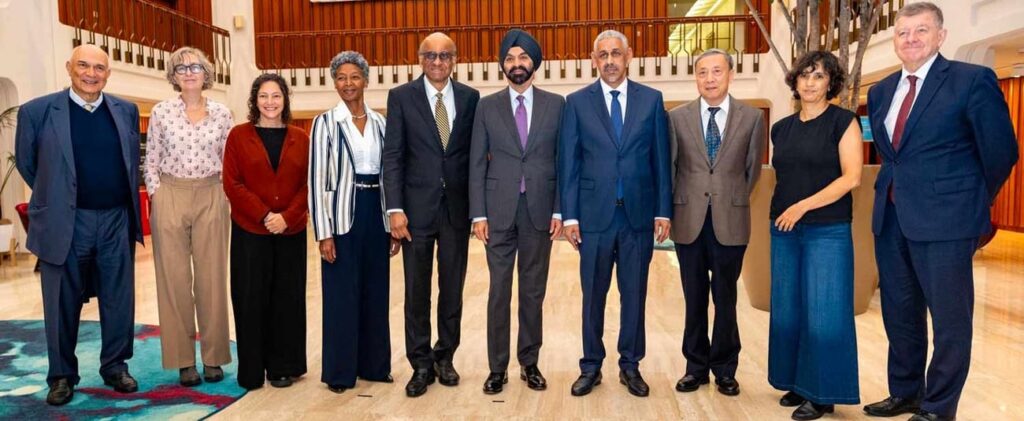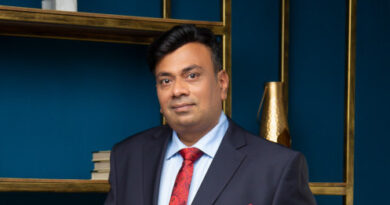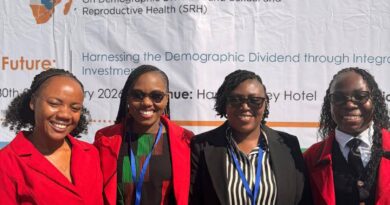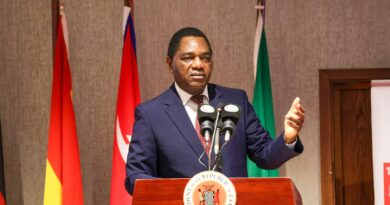AfDB Chief Champions Youth Employment at Global Jobs Council
Dr Sidi Ould Tah, President of the African Development Bank (AfDB) Group, has joined global leaders at the World Bank Group’s High-Level Advisory Council on Jobs, championing Africa’s demographic dividend and the promotion of youth employment.
Invited by World Bank Group President Ajay Banga, Dr Ould Tah attended the Council meeting on the sidelines of the 2025 World Bank–IMF Annual Meetings, which brings together heads of international financial institutions, government ministers, and business executives to drive job creation through strategic investments.
Marking the midpoint of his first 100 days in office, Dr Ould Tah’s participation underscores the AfDB’s commitment to placing jobs, youth, and opportunities at the heart of Africa’s transformation agenda. “Africa’s youth are not a burden to manage; they are the engine of our continent’s future,” he said. “We must invest in relevant skills, formalise the informal economy, and support MSMEs at scale.”
This year’s Council meeting focused on tourism and skills development, two sectors with significant untapped potential in Africa. Tourism supports one in twenty jobs across the continent, with strong participation by women and young people. However, more than 80% of these workers remain in the informal sector, lacking social protection, access to finance, or clear career pathways. At the same time, persistent mismatches between education and labour market needs continue to limit young Africans’ access to productive employment.
Dr Ould Tah highlighted the Bank’s growing portfolio of initiatives to accelerate job creation, including its Jobs for Youth in Africa Strategy, which has mobilised over $105 billion in financing and is projected to generate 19 million jobs by the end of 2025. He also introduced the Youth, Skills and Jobs Marker System, a new tool designed to track job quality and inclusion in Bank-financed projects.
He shared lessons from the AfDB’s work in supporting tourism-driven micro, small and medium enterprise ecosystems and implementing digital-first skilling programmes that bridge workforce gaps. These efforts are helping to formalise employment, equip young people with market-relevant skills, and foster sustainable economic growth.
Dr Ould Tah’s participation in the Council forms part of a broader series of high-level engagements during the Annual Meetings, including bilateral discussions with ministers, development partners, and corporate leaders.
These interactions reflect his Four Cardinal Points strategic priorities: mobilising capital at scale, unifying markets, industrialising locally, and investing in talent and technology—which together form the blueprint for Africa’s economic transformation, with youth employment at its core.



